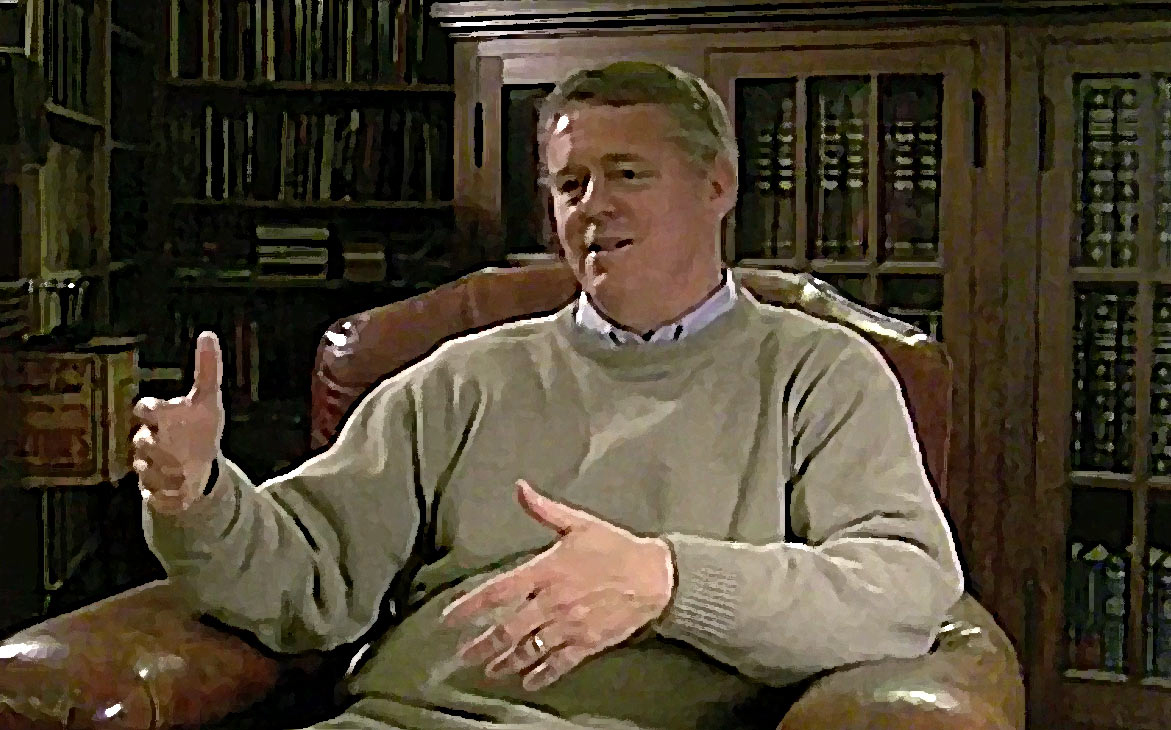The Good Ol’ Boy Network is under attack. And there’s no nicey face, kiss-and-make-up from its enemy, Rep. Justin Amash (R‑Mich), to his just-defeated primary opponent, Brian Ellis.
Ellis called Amash to congratulate his opponent on election night, after Amash defeated Ellis by a rather large margin. Amash refused to answer Ellis’s call.
No wonder. During the campaign, Ellis sure didn’t play nicey-nice, calling Amash “Al-Qaida’s best friend.”
Amash is well known as a Tea Party candidate, someone who fairly consistently opposes crony capitalism. Ellis was heavily funded by the Chamber of Commerce, local and national … and you know what that means.
Or should. The Chamber, “while claiming to be ‘pro-free-market,’” Ryan McMaken explains at The Circle Bastiat, “has gone after him for not spending enough government money. This is not surprising. Business groups like Chambers of Commerce are not free-market organizations at all, but rent-seeking lobbying groups looking for government favors.
There’s nothing new here. When Ron Paul was in Congress, the US Chamber ranked him as one of the worst members, giving him the lowest score of any Republican. In Chamber-speak, being “free-market” means voting for things like TARP and various bailouts and No Child Left Behind.
Are you for the freedom principle, or a mere insider free-for-all?
That principle may be why Amash rebuked not only Ellis but Ellis’s major backer, former Rep. Pete Hoekstra, as well. “You are a disgrace,” Amash lambasted Hoekstra. “And I’m glad we could hand you one more loss before you fade into total obscurity and irrelevance.”
Harsh. Though refreshing candor. In a fight over principle, nicey-nice may not suffice.
This is Common Sense. I’m Paul Jacob.
